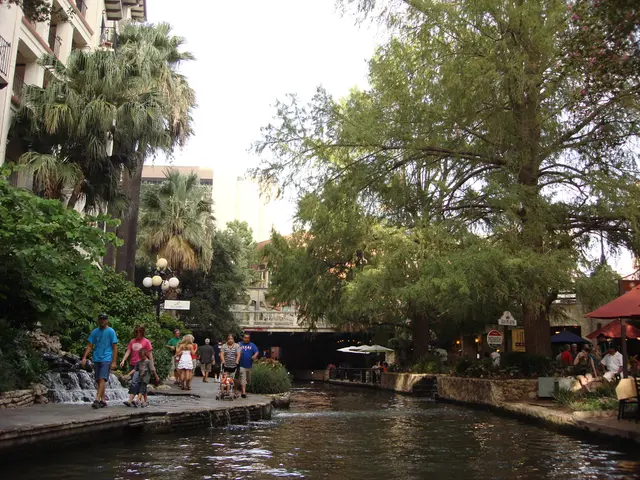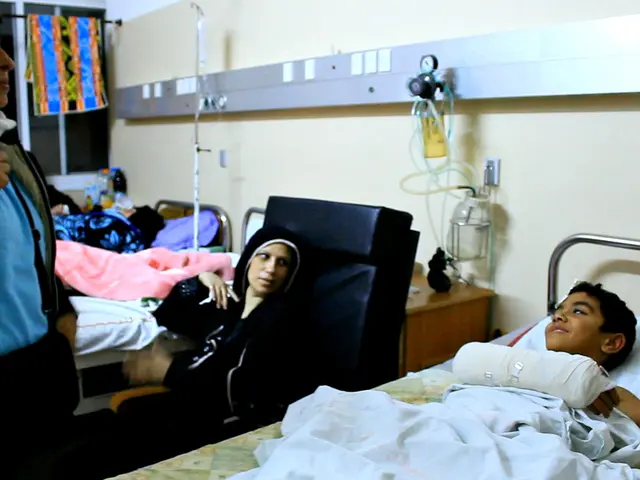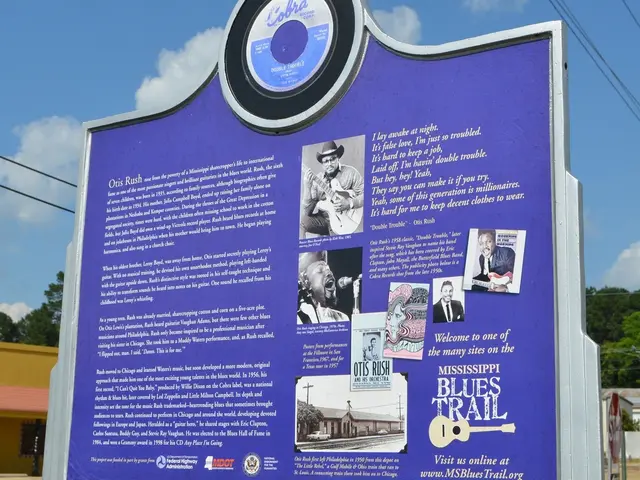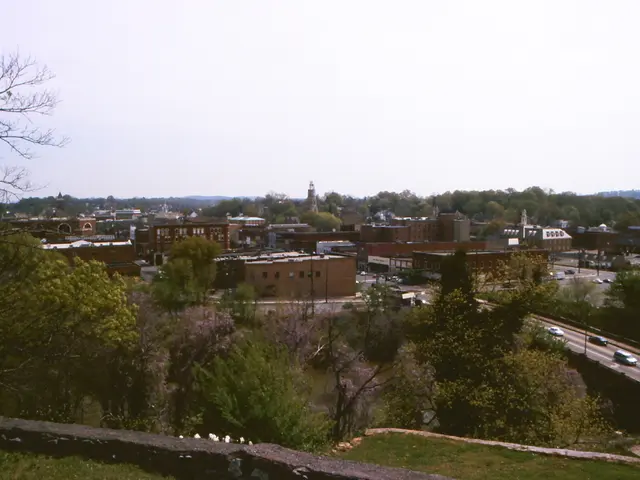Cracking the Code at the Vatican: A Layman's Guide to Papal Election Lingo
Liturgical election process for the new Pope
In an era where knowing the basics of Latin might not be essential, butDigging deep into the papal election process might need a bit of that ancient language understanding. Latin is still the official language in the Vatican, the epicenter of the Catholic Church's state. Many significant terms are derived from Latin, such as 'conclave', which comes from the Latin words 'cum clave', meaning 'with the key', symbolizing the cardinals being locked in the Sistine Chapel during the election process.
When the new Pontiff is yet to take the stage, Latin terms and phrases dominate the process. The grand finale occurs when the curtains open at the middle loggia of St. Peter's Basilica, and a distinguished cardinal broadcasts the two Latin phrases echoing around the world: 'Habemus Papam' (We have a pope). Then, the newly elected Pope emerges.
Take a glimpse at some key phrases for a more in-depth understanding of the papal election procedure:
On the Eve of the Election:
- "Pro eligendo Romano Pontifice": This marks the final Mass that cardinals hold before retiring to the Sistine Chapel for the election process.
- "Extra omnes": During the commencement of the conclave, the master of ceremonies uses this phrase to clear the room. It essentially means "all out".
In the Cool and Secured Sistine Chapel:
- "Et ego spondeo, voveo ac iuro. Sic me Deus adiuvet et haec Sancta Dei Evangelia, quae manu mea tango": Every cardinal repeats this solemn oath of secrecy, swearing upon the sanctity of the Gospels, after they enter the chapel.
- "Eligo in Summum Pontificem": This is the statement on the ballots: "I elect as Supreme Pontiff". Each cardinal records the name of their candidate below this phrase.
In the Game-Changing Moment:
- "Testor Christum Dominum, qui me iudicaturus est, me eum eligere, quem secundum Deum iudico eligi debere": As they vote, each cardinal swears an oath that they vote for the candidate they believe God wishes to elect.
- "Acceptasne electionem de te canonice factam in Summum Pontificem?": This is a question put forth to the elected pope by the Dean: "Do you accept your canonical election as Supreme Pontiff?" If the Dean himself is chosen, his deputy presents the question.
In the Final Moments Before the Epoch-Making Announcement:
- "Quo nomine vis vocari?": To identify the preferences of the elected pope, he is asked: "What name do you wish to be called by?"
The Moment of Triumph:
- "I announce to you a great joy: We have a Pope!": Finally, on the balcony of St. Peter's Basilica, the Dean of the College of Cardinals announces the arrival of the new Pontiff: "I announce to you a great joy: We have a Pope!"
- "The Most Eminent and Reverend Lord, Lord (First Name) of the Holy Roman Church, Cardinal (Last Name), who has taken for himself the name (Pope's Name)": With a thunderous applause, the people in the St. Peter's Square eagerly wait to hear the identity of the newly elected Pope: "His Eminence, the Most Reverend Lord (First Name), Cardinal of the Holy Roman Church (Last Name), who has taken for himself the name (elected Pope's Name)."
The Vatican's Extraordinary Titles:
While interacting closely with certain roles and positions within the Vatican, it's hard not to be impressed by the unusual titles held by some individuals. Here's a glimpse:
- "Protodeacon": This role is held by the most senior deacon in the College of Cardinals, who is responsible for publicly announcing the election of the new Pope from the loggia of St. Peter's Basilica.
- "Dean of the College of Cardinals": He presides over the College of Cardinals and holds a crucial role during the papal election, ensuring the smoothness of the selection process. If elected as Pope, his deputy takes over the duties of the Dean.
- The official language in the Vatican, despite modern times, remains Latin, originating from terms like 'conclave' used in the papal election process.
- Before retiring for the election process, cardinals hold a final Mass, marked by the phrase "Pro eligendo Romano Pontifice".
- The master of ceremonies uses the phrase "Extra omnes" to clear the room at the start of the conclave.
- Upon entering the Sistine Chapel, every cardinal repeats the solemn oath, saying "Et ego spondeo, voveo ac iuro. Sic me Deus adiuvet et haec Sancta Dei Evangelia, quae manu mea tango".
- The statement on the ballots during the election reads "Eligo in Summum Pontificem".
- As they vote, each cardinal swears an oath with the phrase "Testor Christum Dominum, qui me iudicaturus est, me eum eligere, quem secundum Deum iudico eliji debere".
- After the election, the elected pope is asked "Quo nomine vis vocari?" to determine the name he chooses to be called by.








